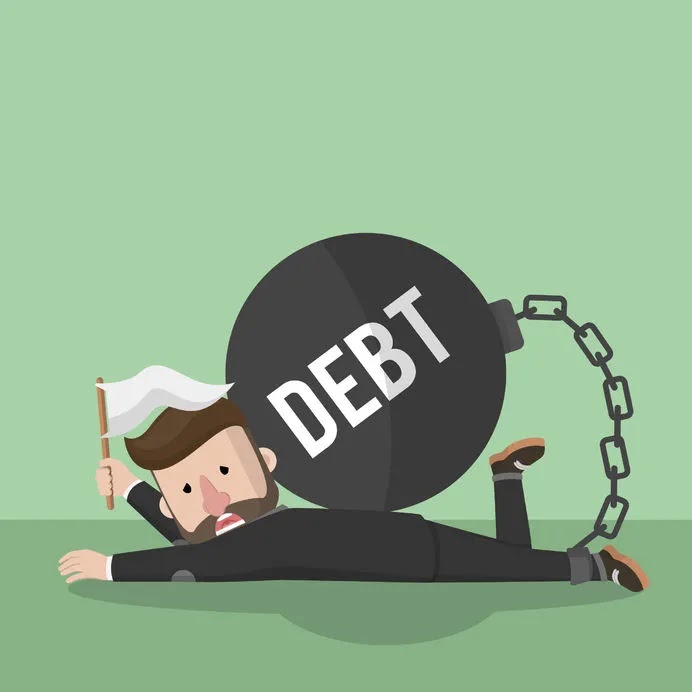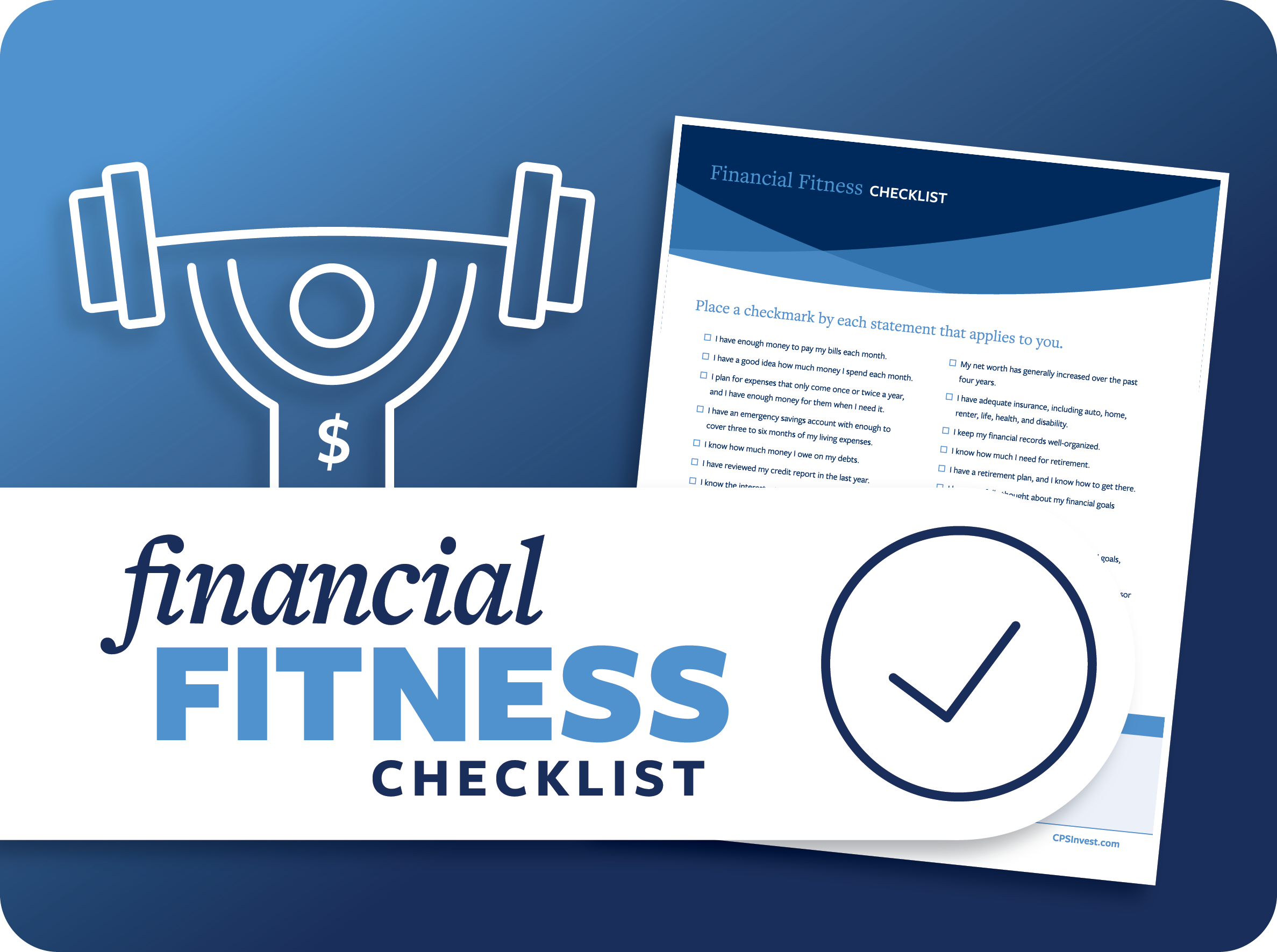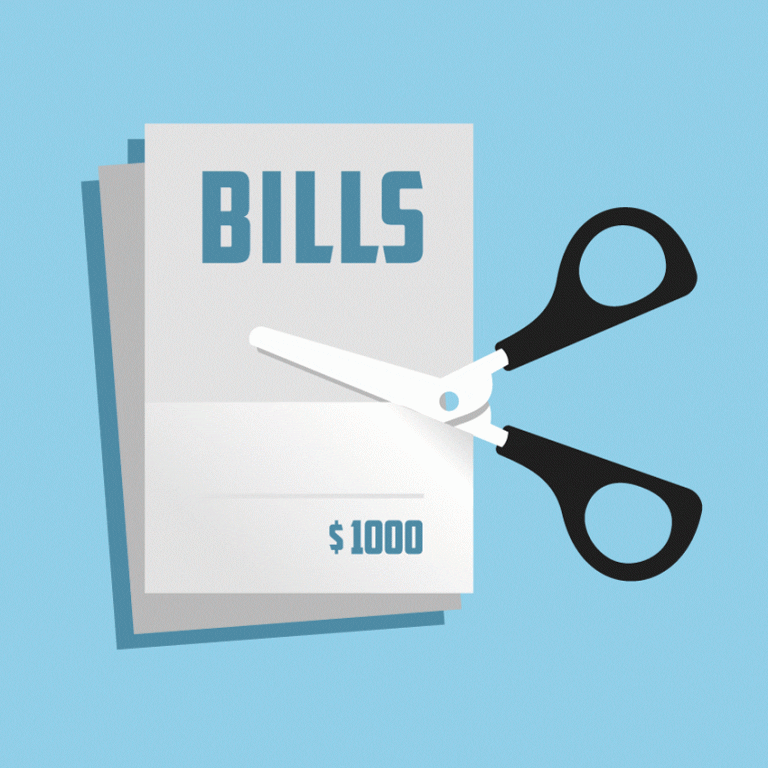In this day and age, there really shouldn’t be any reason to make certain financial mistakes. Do a search of the internet and you will find that there are thousands of articles out there that warn you of the pitfalls of certain choices. Advice for living a financially stable life is everywhere. What are you waiting for?

Here are the most common mistakes that I’ve seen people make. I’ve even made a few of them myself. These are the financial mistakes that you can learn from. You’ve probably made a few of them yourself, they are very common.
Mistake #1: Using that little plastic card to get what you want.
We’ll just start off with the number one mistake out there. This is probably the most common mistake in the country. Almost every person in the US today has a credit card. It is almost like a right of passage when you turn eighteen. There are even people out there that aren’t eighteen yet that have them.
Credit card debt is the fastest way to ruin your finances. It is easy to acquire and difficult to pay off. The minimum balance doesn’t pay off enough of your outstanding balance to help you very much. You will be paying on your balances for decades. Even a $500 balance can take you over a decade to pay off if you simply make the minimum payment.
Add in the interest rate, which rarely goes down. If you miss a payment, you will really be paying the bank. Thirty percent interest is common on a credit card once a payment has been missed. And you only have to miss that payment by a day — which can happen in the mail or processing if you don’t plan ahead well enough.
Mistake #2: Buying more home than you can afford.
With the real estate market in the state it is today, many people are regretting their housing decisions. Adjustable rate mortgages are acceptable loan products for some people. But only if they can afford the maximum rate that the loan can hit if interest rates go up. Too many people only consider that introductory rate. They stretch and purchase as much as they can afford. Then, when rates go up and their rate adjusts, they can’t afford the payment. Add that to a slowing housing market, and you may have a foreclosure on your hands.
If you are going to buy a home, make sure that you purchase what you can afford. Take out a fixed-rate mortgage so that you know what your payments will be. If rates go drastically down in the next couple of years, you can always refinance. If rates go up, you are protected. Try to aim for a 15-year mortgage over a 30-year. It will save you hundreds of thousands in interest. But if you can’t do it, a 30-year fixed-rate mortgage is an acceptable loan choice for the purchase of a home.
Mistake #3: Not controlling your money.
Too many people live paycheck to paycheck. They have no savings. They have no retirement plan. They have nothing to back them up in the case of an emergency. They have no control over their money.
You have to take control of your finances if you want to retire someday. You have to learn how to budget, save, invest and spend. All it takes is a little time. And once you get in the habit, you will notice that your life has more control. You should say where your money goes, not lenders or creditors or anyone else.
Mistake #4: Not saving for retirement.
There are more seniors in the work place now than there were twenty years ago. And even more than there were fifty years ago. If you want to retire with enough money to live comfortably, you have to start putting something back today. Start an IRA. Contribute to your employer’s 401(k) plan. Figure out how much you need to invest and find a way to do it. This is your future. You don’t want to reach sixty and realize that you can’t afford to stop working. There is no guarantee that you will be able to draw social security or other forms of assistance then. What if you become ill and have to retire? What if you get hurt? Prepare for the future. Start saving for retirement today.


